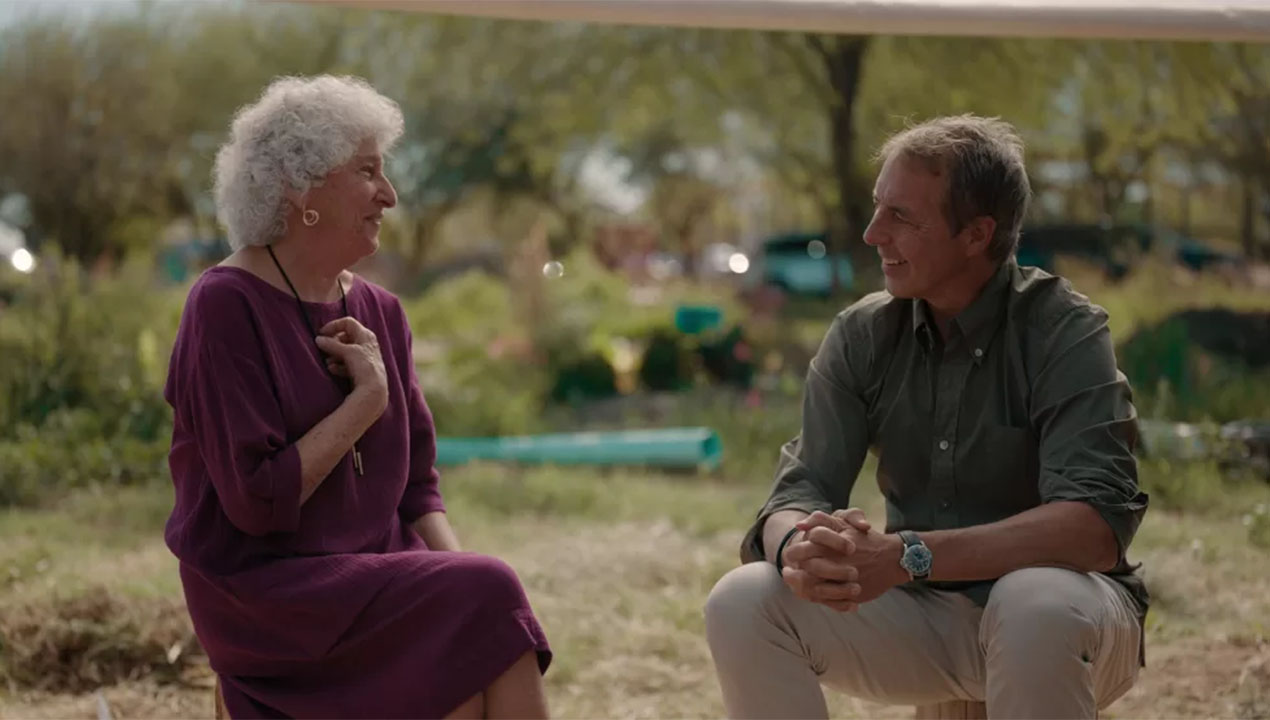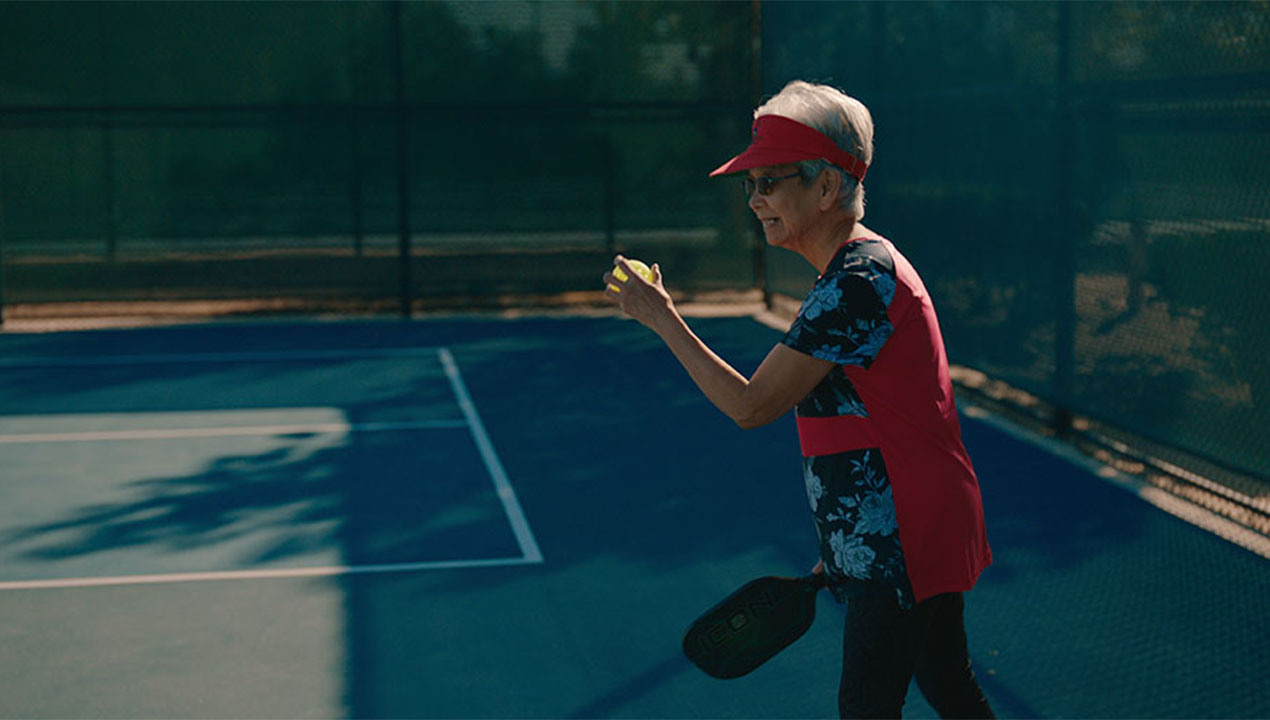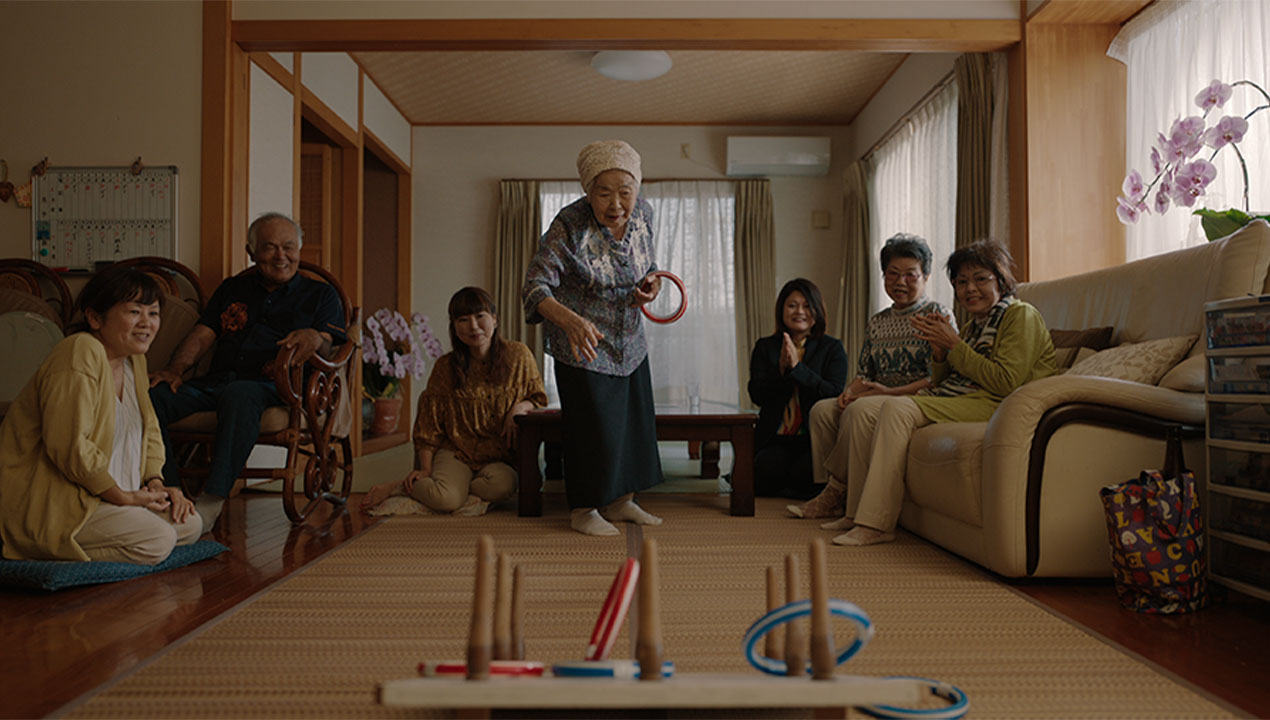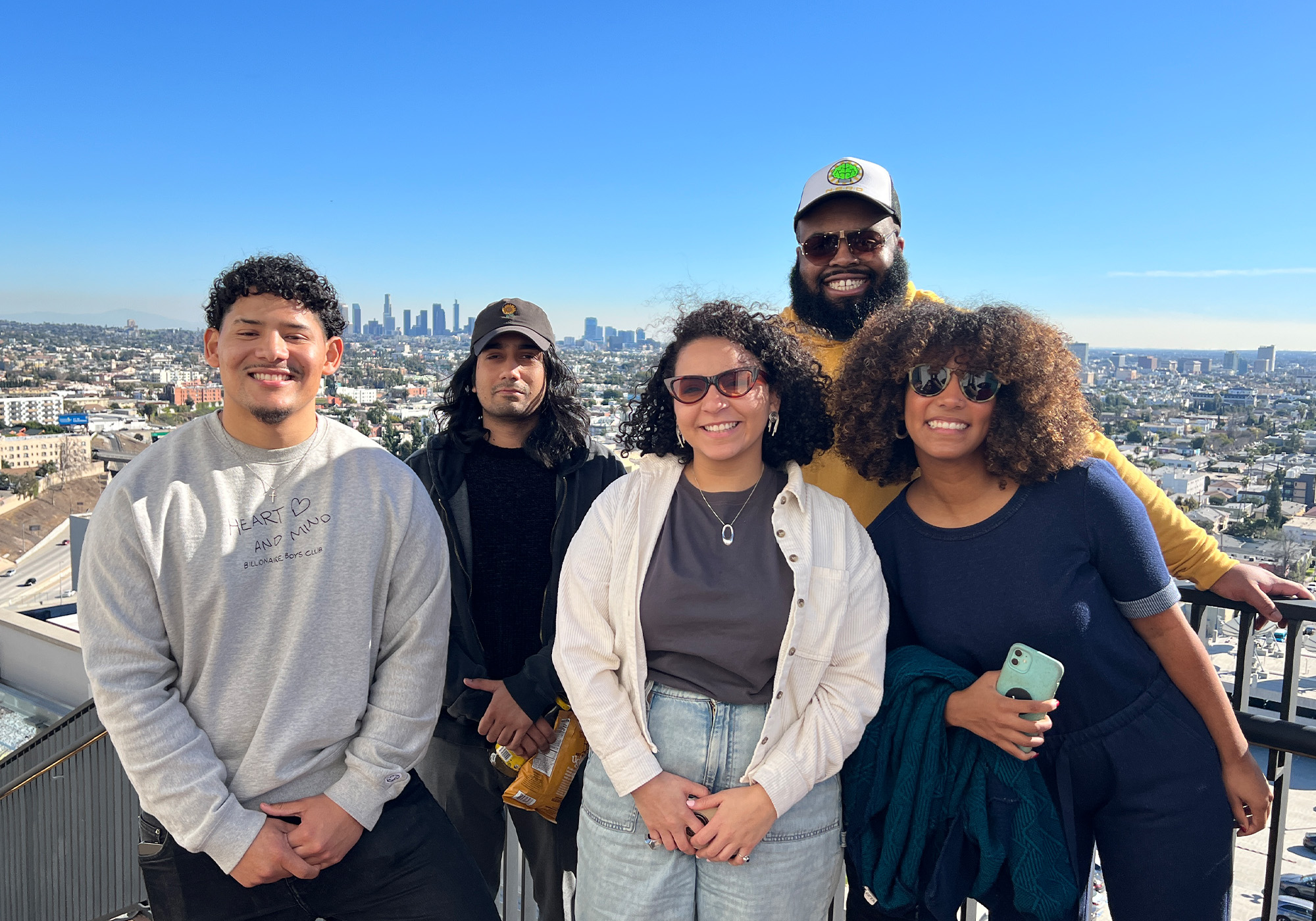MakeMake’s Live to 100: Secrets of the Blue Zones Continues To Inspire Viewers Worldwide To Live Healthier Lives

Since its release in August, Makemake's Netflix docuseries Live to 100: Secrets of the Blue Zones has inspired audiences across the globe to make small but impactful changes to improve their health and wellbeing. The series follows author Dan Buettner as he explores the “blue zones” — Okinawa, Japan; Sardinia, Italy; Nicoya, Costa Rica; Ikaria, Greece, and Loma Linda, California — where people tend to live the longest and healthiest lives. So far, the show has been an exciting success, making it clear that audiences worldwide are hungry for content that has the power to help transform their lives. We spoke with Director/Executive Producer Clay Jeter and Co-Executive Producer Rich Eckersley about what it’s been like to see the audience's response to the show, and which healthy changes they’ve made to their own lives.
What has the response been to the show? How has that been to see and experience, having been a part of the show's creation?
Clay: For me, this show has been unique compared to other projects in the sense that people in my life are watching it out of genuine curiosity, not just because they know I was involved. Some of my family members have said to me that they happened to see my name in the credits, not knowing I worked on it before pressing play. It seems to me that there’s a lot of organic interest in the show.
Rich: Our understanding is that it's been very successful in countries all over the world, and I think that speaks to what makes the show really unique: that the subject matter is so universal and human. These are really relatable concerns to people everywhere, and the ideas that the show presents are accessible and appealing to a lot of people. This is unlike any show I've done in that people come up to me and the first thing they say is that they watched the show and loved it, and then they follow it up with a tangible change they’ve made in their life since watching: they’ve started eating purple sweet potatoes and beans, or they’re taking the stairs more often. There's no other show that I’ve worked on where people follow up praise for the show by telling me that they’ve changed something about their life as a result.
What about the show do you think is resonating so strongly with viewers?
Rich: It comes back to something that Dan's always said about his work, which is that the solutions that the blue zones provide for us are things that deep down we all know to be true, even if we aren't necessarily integrating them into our lives. We know it's important to incorporate vegetables and whole grains into our diet, and we know that activity and socialization are both extremely important. The message behind the show is that these things aren't out of reach, and you don’t have to purchase anything to make a change — you can just access them by looking around your life and being more strategic about how you live it. That's the beauty of it. You can live in any country and be part of any culture, and take something away from the show that you can apply to your own life.

What did you learn from working on the show? Have you made any lifestyle changes as a result?
Clay: Something that I learned while working on the show that stuck with me is the idea that stress is not inherently bad for you. The right kind of stress, in the right amount, can actually be really beneficial for you as a human being. The example of this on the show is the shepherds in Sardinia: they encounter stress in their line of work, for instance, if a sheep wanders off, that's a stressful situation. But it's the kind of stress that they have the ability to overcome — it turns out that having agency and solutions when it comes to stressful situations is really beneficial for your mind, and in turn beneficial for your overall health.
The takeaway is that we can engage ourselves in things that are purposefully stressful, but in a way that we know we have the tools, the time, and the ability to come out on the other side. For many people, that might be playing a sport, which doubles as a hobby, provides connection with others, and gives a sense of purpose. I recently joined a pickleball group that plays once a week, so that’s how I’m working on this in my own life. We spend so much of our time being flooded with stress about things we have no control over, which is terrible for you. This is something that I have an ambition to work on for myself since the show — I want to try to disconnect from the constant bombardment of large existential stressors and instead worry about things that I can actually do something about.
Rich: Everyone on the team was doing the same, taking the pieces that made sense and that appealed to them and applying those in their lives. That's part of the way in which I feel like the show changed things for me — it's not that I radically changed my diet or that I stopped worrying about everything or that I made a game plan to connect with three friends on a weekly basis. It's not so regimented, but each week I find that I am more likely to take a walk, which isn't something I did before. I am making healthier food choices as well, not at every meal but some meals. It’s a more than the sum of its parts approach, which is beneficial and sustainable. You nudge yourself, to use Dan's word for it, towards overall health, rather than expecting a silver bullet.
How do you hope to see the show continue to impact viewers?
Clay: What I like so much about Dan's approach is that he sees the larger benefits of individual health, and also understands that the solution is bigger than the individual. Most of us are just trying to make it through the day, and it's a lot to ask for people to be the custodians of their own health in an environment that’s often set up to work against them. Having healthier populations ends up being better for cities and for states and for nations when it comes to productivity and their economies and their healthcare systems. If you can get the powers that be to recognize that there's an economic incentive to create environments that make the healthy choice the easy choice, then we can start to see some large-scale change. My hope is that this doesn't just connect with individuals in terms of their own lifestyles, but that it connects with people who actually have the power to make systemic change that can nudge people into healthier behavior.

What do you think sets the show apart from other shows in the health genre?
Rich: From the outset, this project has been very focused on positivity and making our lives better, and it was an opportunity to do something that really celebrates life and health and joy. As a storyteller and a filmmaker, that's a gift. There's something about making a series like this, one that is so focused on celebrating humanity, that feels like you're restoring some of the collective balance by putting it out there in the world. That’s what people seemed to love about the show: they felt good after watching it.
Ultimately the goal here was not to make a health and wellness show: our goal was to tell the story of a journey and a process of discovery. Health and wellness shows often get a bad rap because they're focused on gimmicky tips and tricks, or they focus on how the system's been corrupted and how all these awful things are being done to us. From the beginning, we aimed to be beautiful, cinematic, and focused on real people's stories, and that approach made the show really exceptional.
So much of that cinematic quality can be attributed to the field team that went out and shot this — they made it absolutely gorgeous and captivating, and they went to the homes of the people that we were interviewing and really took the time to get to know them and see how they live. That ultimately allowed us to be able to tell a different story, one that pulled people in and got them to actually pay attention to something that maybe they otherwise would have dismissed.
Watch Live to 100: Secrets of the Blue Zones on Netflix.
